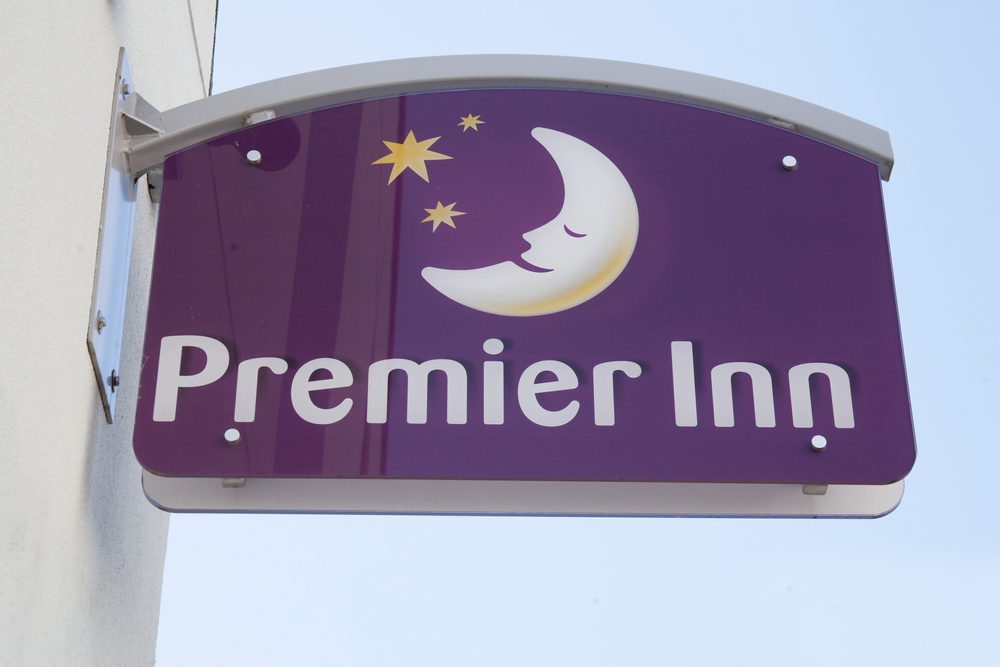New immigration system could lead to ‘chronic skills shortage' in hospitality
The British hospitality industry is in danger of a chronic skills shortage after the government announcement today that a future immigration system will prioritise high-skilled workers.
That is according to trade association UKHospitality, which warned that Theresa May's promise of a fall in low-skilled migration to the UK following Brexit will have a significant impact on hospitality employment.
The prime minister also said that there would be no preferential treatment for people from the European Union compared with those from the rest of the world.
"The new skills-based system will make sure low-skilled immigration is brought down and set the UK on the path to reduce immigration to sustainable levels, as we promised," May said.
But UKHospitality chief executive Kate Nicholls said the announcement has led to mounting concerns over the future of the hospitality workforce.
"A system based solely on high skills and high wages will not work for hospitality where we have labour shortages," said Nicholls. "The sector employs over three million people, many of whom are migrant workers, but under the new policy 90% of these roles could not be filled under planned changes.
"Many hospitality businesses have struggled to find willing British workers and, with changing demographics and low unemployment, we are facing the very real danger of chronic skills shortages."
The UK defines low-skilled roles as ones which do not require post-16 education or more than a short period of on-the-job training.
UKHospitality's concerns over a crackdown on low-skilled workers was shared by the Confederation of British Industry, which said that "restricting access to the workers the UK needs is self-defeating", while the British Retail Consortium said the policy should be based on the economy's needs rather than "arbitrarily" drawing a line based on salaries or skills.
EU freedom of movement rules currently in place allow people from the European Economic Area - all EU countries, as well as Norway, Iceland and Liechtenstein - plus Switzerland, to travel and work in the UK without visas, regardless of skills.
For the rest of the world, specific categories of visas are needed to come and work or study in the UK, including one for "skilled workers" - who usually have to earn at least £30,000 and have a job offer. Currently, no "Tier 3" - low-skilled labour - visas are being given out.
Under the new proposals, workers wanting to stay for long periods would need a minimum salary, to "ensure they are not competing with people already in the UK" while successful applicants for high-skilled work will be able to bring their immediate family, but only if sponsored by their future employers.
"Operators will rightly be concerned about the potential for increased red tape and bureaucracy for job applicants and there needs to be a transition period to give time for businesses to adapt," said Nichols.
"UKHospitality has repeatedly flagged that is it illogical to place so much emphasis on the economic worth of individuals, rather than the wider benefits they bring to the UK. We will be pressing the government for a sensible and pragmatic lower skilled migrant worker route for the hospitality sector."
Theresa May affirms commitment to EU nationals ‘no matter what' >>
More than two thirds of industry leaders say Brexit has already harmed business >>

















